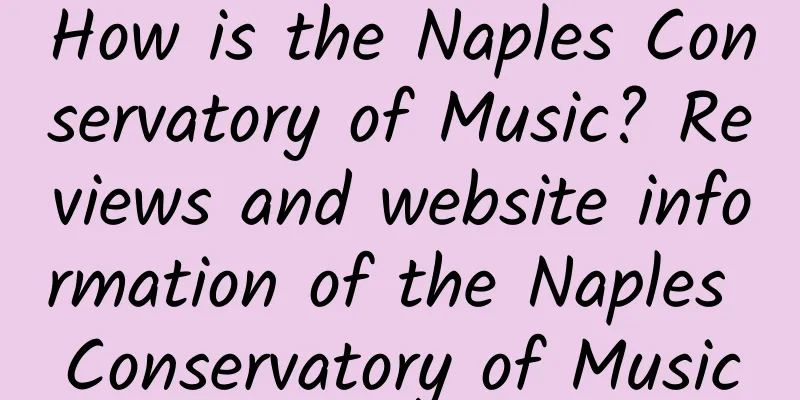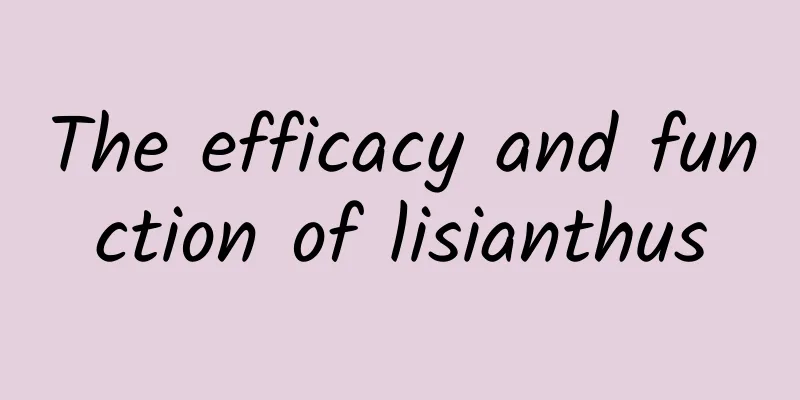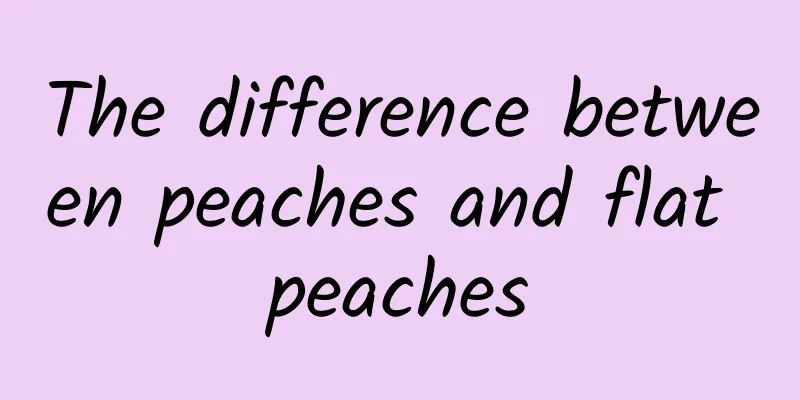How is the Naples Conservatory of Music? Reviews and website information of the Naples Conservatory of Music

|
What is the website of Naples Conservatory of Music? Naples Conservatory of Music (Conservatorio S. Pietro a Majella di NAPOLI) is an ancient Italian music conservatory, founded in the 16th century, located in Naples, Campania. It mainly provides Italian traditional music education, three-year undergraduate and two-year master's degree courses, and has joined the Socrates-Erasmus exchange student program within the EU framework, and has established good cooperative relations with universities in other European countries. Website: www.sanpietroamajella.it Naples Conservatory of Music: a treasure of traditional Italian music educationAs one of the oldest and most prestigious music schools in Italy, the Naples Conservatory of Music (Conservatorio S. Pietro a Majella di NAPOLI) has been famous for its excellent music education and profound historical heritage since its establishment. This music palace located in Naples, Campania, not only carries hundreds of years of cultural heritage, but also provides a stage for music students from all over the world to realize their dreams through a modern teaching system and international cooperation network. Founded in the 16th century, the Naples Conservatory of Music has a history that can be traced back to the Renaissance. As an educational institution that aims to train musicians, it has witnessed many important moments in the history of Italian and even European music and played an indispensable role in them. From the golden age of classical music to the development of modern music, the Naples Conservatory of Music has always been at the forefront of the times, committed to combining Italy's traditional music art with contemporary music education concepts. Today, the Naples Conservatory of Music has become a comprehensive higher music school, offering a complete curriculum system from undergraduate to postgraduate. The main professional directions of the academy cover the core areas of traditional Italian music education, including vocal music, instrumental performance, composition, conducting, and music theory. In addition, in order to meet the diverse learning needs of students, the academy has also opened a series of special courses to help students master basic skills while broadening their horizons and improving their comprehensive literacy. It is worth mentioning that the Naples Conservatory of Music actively participates in the Socrates-Erasmus exchange student program within the framework of the European Union. This initiative not only strengthens the academic exchanges between the conservatory and other European universities, but also provides students with valuable cross-border learning opportunities. Through cooperation with top international music schools, students of the Naples Conservatory of Music can acquire knowledge and accumulate experience on a global scale, thus growing into internationally competitive music talents. Official website: www.sanpietroamajella.it A long history: the cultural roots of the Naples ConservatoryThe history of the Naples Conservatory is an epic about music education and cultural heritage. As early as the 16th century, the conservatory was founded in Naples, southern Italy, under the name of "San Pietro Majella Conservatory". At that time, Naples was an important cultural and artistic center in Europe, attracting countless musicians, composers and scholars to come and exchange and create. In this strong artistic atmosphere, the Naples Conservatory gradually developed into a music palace that gathers genius and inspiration. The initial establishment of the academy benefited from the support of the local church. The monastery at that time not only provided a venue for music education, but also created rich practical opportunities for students through music performances in religious ceremonies. Over time, the academy gradually got rid of its purely religious background and became a professional music education institution open to the public. This transformation marked the transformation of the Naples Conservatory of Music from a religious affiliated institution to an independent higher education institution, and also laid a solid foundation for its future development. In the following centuries, the Naples Conservatory of Music underwent many reforms and expansions. Especially in the late 18th and early 19th centuries, with the awakening of Italian national consciousness and the emphasis on local culture, the conservatory further strengthened the protection and promotion of traditional Italian music. The conservatory during this period trained many world-renowned musicians, including the famous opera composers Gioachino Rossini and Vincenzo Bellini. Their works are still regarded as classics of Italian opera, and the Naples Conservatory of Music is recognized as the cradle of these great artists. After entering the 20th century, the Naples Conservatory of Music continued to keep pace with the times, while maintaining the advantages of traditional music education, it actively introduced modern teaching methods and technical means. For example, the conservatory began to focus on interdisciplinary research, encouraging students to explore the connection between music and other art forms (such as drama and dance); at the same time, it also strengthened exchanges and cooperation with the international music community, making itself a place in the field of global music education. Looking back at the nearly 500-year history of the Naples Conservatory of Music, we can see that this conservatory is not only the guardian of Italian music culture, but also an important force in promoting the progress of world music. Every step of its growth is inseparable from the respect for tradition and the pursuit of innovative spirit. It is this unique balance that has enabled the Naples Conservatory of Music to maintain its vitality and charm throughout its long history. Professional course setting: comprehensive coverage from traditional to modernThe Naples Conservatory of Music is famous for its rich and diverse professional courses, providing a wide range of choices for students with different interests and goals. The main curriculum system of the conservatory is divided into three categories: Italian traditional music education, three-year undergraduate courses and two-year master's degree courses. Each type of course has its own unique features, and together they form a complete music education chain. 1. Italian Traditional Music Education As one of the birthplaces of Italian music culture, the Naples Conservatory of Music attaches great importance to the protection and inheritance of traditional music. In this field, the conservatory has opened a number of specialized courses covering Italian folk songs, Baroque music, opera art and other aspects. Among them, the Italian opera course is particularly outstanding. It not only teaches students how to sing classic opera excerpts, but also deeply explores the historical background, creative characteristics and status of opera in Italian culture. In addition, the academy also places special emphasis on the cultivation of improvisational performance skills. For students who want to master traditional Italian instruments (such as mandolin and lute), this is undoubtedly an ideal place to learn. Through one-on-one teaching, group practice and public performances, teachers help students continuously improve their skills in practice. Two- and three-year undergraduate courses For students who want to receive systematic music education, the Naples Conservatory of Music has designed a complete three-year undergraduate course. The course focuses on cultivating students' professional skills while taking into account the learning of theoretical knowledge and the shaping of personal artistic style. Specifically, undergraduate courses mainly include the following aspects:
3. Two-year postgraduate courses For students who already have a certain professional foundation and want to further their studies, the Naples Conservatory of Music offers a two-year master's program. Compared with the undergraduate stage, the graduate program focuses more on research and practice, requiring students to complete more difficult tasks and demonstrate stronger innovation capabilities. The main areas of study for the Master's programme include:
In short, the professional curriculum of the Naples Conservatory of Music fully reflects its educational philosophy of combining tradition with modernity, theory with practice. Whether you are a beginner or a professional, you can find a learning path that suits you here and continue to grow with the help of an excellent team of teachers. International cooperation: Join the Socrates-Erasmus exchange programAs a music school with a long history and vitality, the Naples Conservatory of Music is well aware of the importance of internationalization for modern music education. Therefore, the school actively participates in the Socrates-Erasmus Programme within the EU framework and has established close cooperative relations with many well-known universities in Europe and other regions through this platform. 1. Introduction to the Socrates-Erasmus Exchange Student Program The Socrates-Erasmus exchange program is a project initiated by the European Union to promote academic exchanges and cooperation among higher education institutions. Through this program, students can go to other participating institutions for short-term study or research activities without affecting their academic progress. This cross-border learning experience not only allows students to be exposed to different educational models and cultural backgrounds, but also significantly improves their language skills and social adaptability. For the Naples Conservatory of Music, joining this program means that it can provide more diverse learning options for its students, and it can also attract more outstanding international students to come for exchanges. At present, the conservatory has signed cooperation agreements with music schools from Germany, France, Spain, the Netherlands and other countries, and selects a certain number of outstanding students to participate in the exchange program every year. II. Cooperation Achievements and Impacts Since participating in the Socrates-Erasmus exchange student program, the Naples Conservatory of Music has achieved remarkable cooperation results. First, in terms of teaching staff, the conservatory regularly invites foreign experts to give lectures or hold master classes, which greatly enriches the teaching content. Secondly, by accepting international exchange students, a diversified learning environment has been formed within the conservatory, promoting mutual understanding and integration between different cultures. More importantly, local students who participated in the exchange program generally reported that they gained a lot. Not only did they improve their foreign language skills, but they also learned how to live and study independently in a foreign country. Many students said that this experience greatly broadened their horizons, enhanced their self-confidence, and laid a good foundation for their future career development. 3. Future Prospects Looking ahead, the Naples Conservatory of Music will continue to deepen its cooperation with music schools around the world and strive to create a more open and inclusive international education platform. The conservatory plans to further expand the scale of exchange students and optimize the curriculum to better meet the needs of students. At the same time, it will also actively explore new forms of cooperation such as online education, so that students who cannot participate in exchange programs in person can also enjoy high-quality international education resources. In short, by actively participating in the Socrates-Erasmus exchange student program, the Naples Conservatory of Music has not only consolidated its leading position in European music education, but also contributed to the development of global music. We believe that with the joint efforts of the faculty and students of the conservatory, the future internationalization path will become broader and broader. Conclusion: A bright future for the Naples ConservatoryWith its long history, rich curriculum and extensive international cooperation, the Naples Conservatory of Music has become a shining pearl in the field of global music education. From its founding in the 16th century to the present, the conservatory has always been committed to inheriting the traditional Italian music culture, while embracing modern music education concepts and working tirelessly to cultivate a new generation of music talents. Whether it is a deep understanding and innovative interpretation of Italian traditional music or a comprehensive professional course offered at the undergraduate and graduate levels, the Naples Conservatory of Music has demonstrated a high level of education. By joining the Socrates-Erasmus exchange program, the conservatory has further expanded its international influence and built a bridge to the world for students. For everyone who loves music, the Naples Conservatory of Music is not only a place of learning, but also a fertile ground for dreams. Here, you will have the opportunity to explore the mysteries of music and feel the charm of art with outstanding teachers and students from all over the world. Let us look forward to the Naples Conservatory of Music continuing to write its legendary chapter in the future. |
>>: What is MatchCollege.com like? MatchCollege.com review and website information
Recommend
The benefits of eating coconut
Coconut is a tropical fruit with extremely high n...
The efficacy and function of miracle fruit Taboos of miracle fruit
Many people have heard of the miracle fruit in li...
What should not be eaten with persimmons? Taboos on eating persimmons
When persimmons are ripe, they are sweet and soft...
What is Johns Hopkins University like? Johns Hopkins University reviews and website information
What is the Johns Hopkins University website? The ...
The efficacy and function of long root mushroom
Long root mushroom is an uncommon edible mushroom...
The efficacy and function of seahorse candied dates soup
Have you ever tried cooking soup with seahorse an...
How is the French presidential palace? French presidential palace reviews and website information
What is the French presidential palace? The French...
The disadvantages and harms of eating potato chips
Fried potato chips are a very common snack food i...
How to make fried eggplant and beans
The eggplant and beans are delicious, and the tas...
How to eat avocado How to eat avocado best
Everyone must be familiar with avocados. They kno...
How to make delicious winter squash
Winter squash, also known as northern squash or I...
Nutrition of Shiitake Mushrooms and How to Eat Shiitake Mushrooms
Shiitake mushrooms are a kind of fungal vegetable...
What is the difference between red autumn berries and raspberries? The benefits of eating red autumn berries
Red berries and raspberries are both bright red f...
How to make leftover rice delicious? How to heat leftover rice
Many people don't know how much to cook when ...
How to make cold noodles with chili oil
On the streets of all parts of the country, you c...









